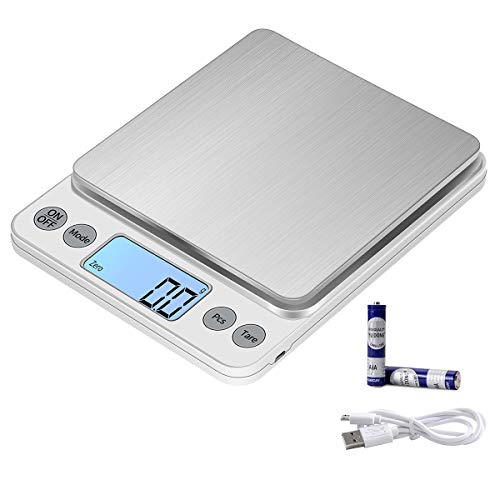"...Lemon Juice has a very low pH of around 2 to 3 so in effect you are lowering the pH of your soap..."
You're thinking an acid + soap reaction is the same as an acid + base reaction, and it's not. Soap is a buffer, not a base. Adding acid to soap doesn't greatly reduce the pH unless you add so much acid that the buffering ability of the soap is overwhelmed.
When you add acid to the soap pot, yes, it reacts with NaOH. This will increase the superfat if you don't add extra NaOH to compensate, as many of us know to do.
When you add acid to soap, it decomposes into fatty acids and that also increases the superfat.
You're thinking an acid + soap reaction is the same as an acid + base reaction, and it's not. Soap is a buffer, not a base. Adding acid to soap doesn't greatly reduce the pH unless you add so much acid that the buffering ability of the soap is overwhelmed.
When you add acid to the soap pot, yes, it reacts with NaOH. This will increase the superfat if you don't add extra NaOH to compensate, as many of us know to do.
When you add acid to soap, it decomposes into fatty acids and that also increases the superfat.











































